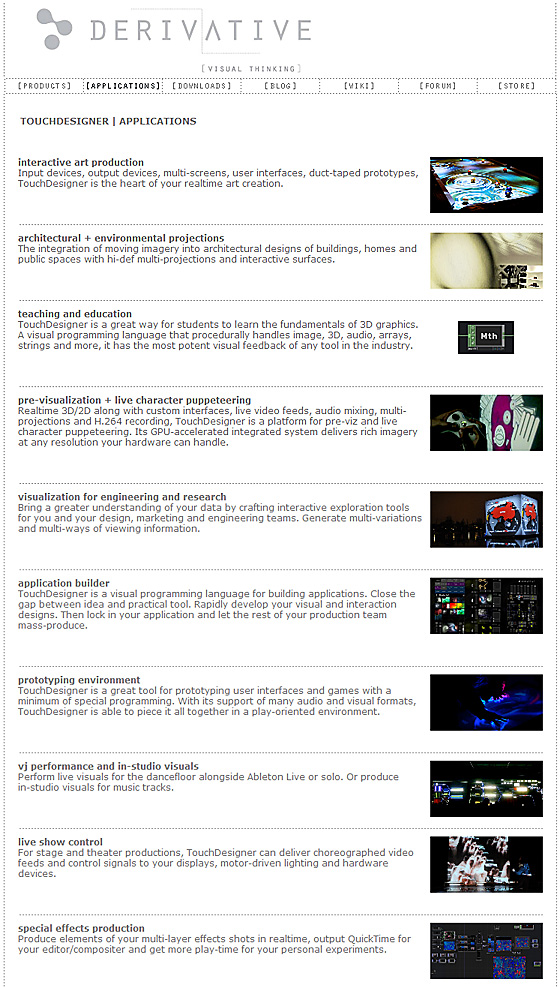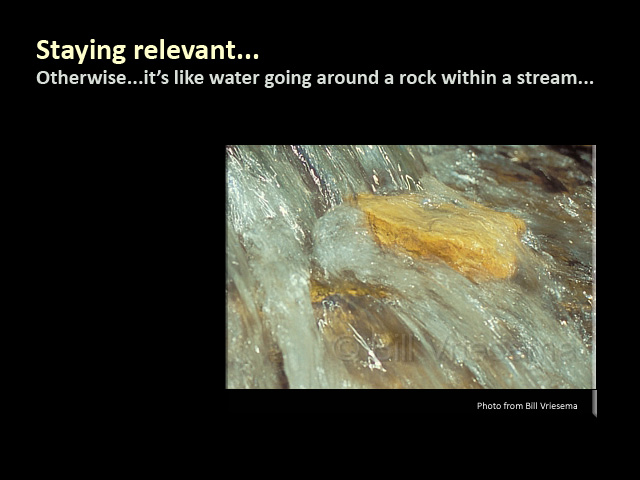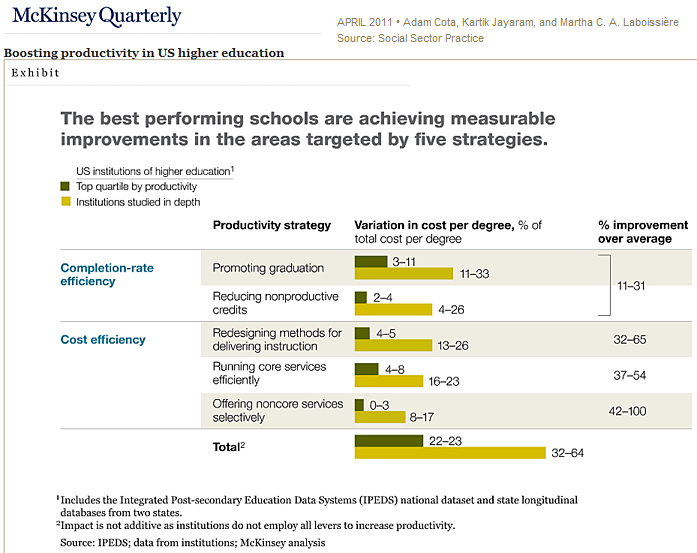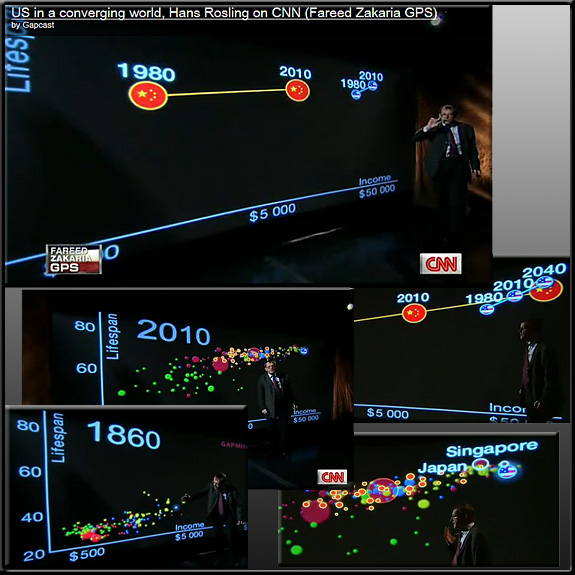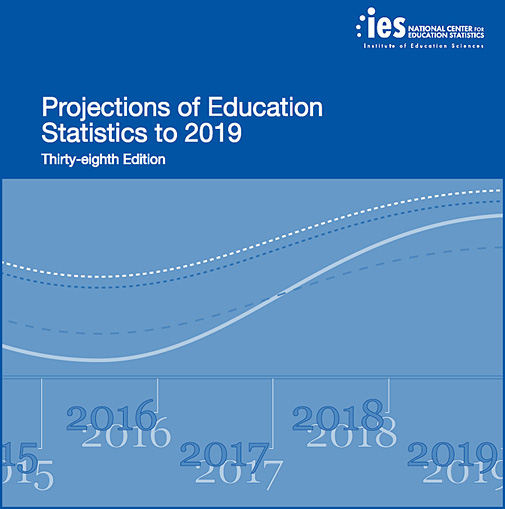Easter is coming — from BibleGateway.com
Today is Good Friday, when Christians around the world reflect on the arrest, trial, and execution of Jesus Christ. In the Christian worldview, it’s one of the most important dates in all of history, trumped in significance only by the glorious events of Resurrection Day a few days later.
On the surface, the story of Good Friday describes something historically unremarkable (although certainly terrible): the unjust martyrdom of a visionary. Certainly many religious leaders and idealists have met undeserved death at the hands of brutal establishments throughout history, all the way up to the present day. But as you read the Gospel accounts of Jesus’ final hours before crucifixion, you cannot escape the sense that this is different. This is injustice on a cosmic scale; this is humanity literally spitting in the face of its loving Creator.
But we can read this story without despairing because we know how it ultimately ends. The God who works all things for the good will bring unimaginable glory and grace out of even the murder of his own son.
Have you read the story of Good Friday recently? So much happened on Good Friday that it’s easier to just read it in its entirety rather than isolate the individual stories. It’s told from four different perspectives in the Bible: Matthew 26:47-27:61, Mark 14:42-15:47, Luke 22:47-23:56, and John 18-19.
It’s a bleak story, but we know a truth that puts even this in perspective: Easter is coming.
From DSC:
I was reading this morning about a pastor (who I’ve heard preach before and is a wonderful person) who had to go through a seriously dark time — brought on by prostate cancer — which led him into a painful journey through his own desert before he was able to reach a deeper level of spirituality with God. Suffering, it seems, is a part of the Christian’s journey — even if it’s unwanted.
I have to admit, that often times, I wish it were not so. I wish I/we all had the ability to listen better and to learn from others; I wish that inclination was more a part of human nature — especially learning from others’ experiences in the past. I wish that we didn’t need 2″ x 4″‘s onside our heads in order for us to wake up and to change our ways. (Brief tangent: People don’t like to hear bad news. We humans have never liked to hear bad news; ever. Think of global warming. Think of the U.S. Federal deficit — and the growing ramifications that astronomical debt brings with it.)
I was reflecting on the story of Jonah the other day…thinking, I’ve missed the whole point of Jonah. Instead of focusing on the large fish and how Jonah at first rebelled/ran away from God and then later obeyed (which is also a valuable part of the story), I should have also focused on the more important lesson. That is, that the people of Nineveh actually listened, heard the message, heeded the warning from the LORD, and then actually changed their ways! What a concept….and one that we Americans need to re-learn before our feet slip even further.









